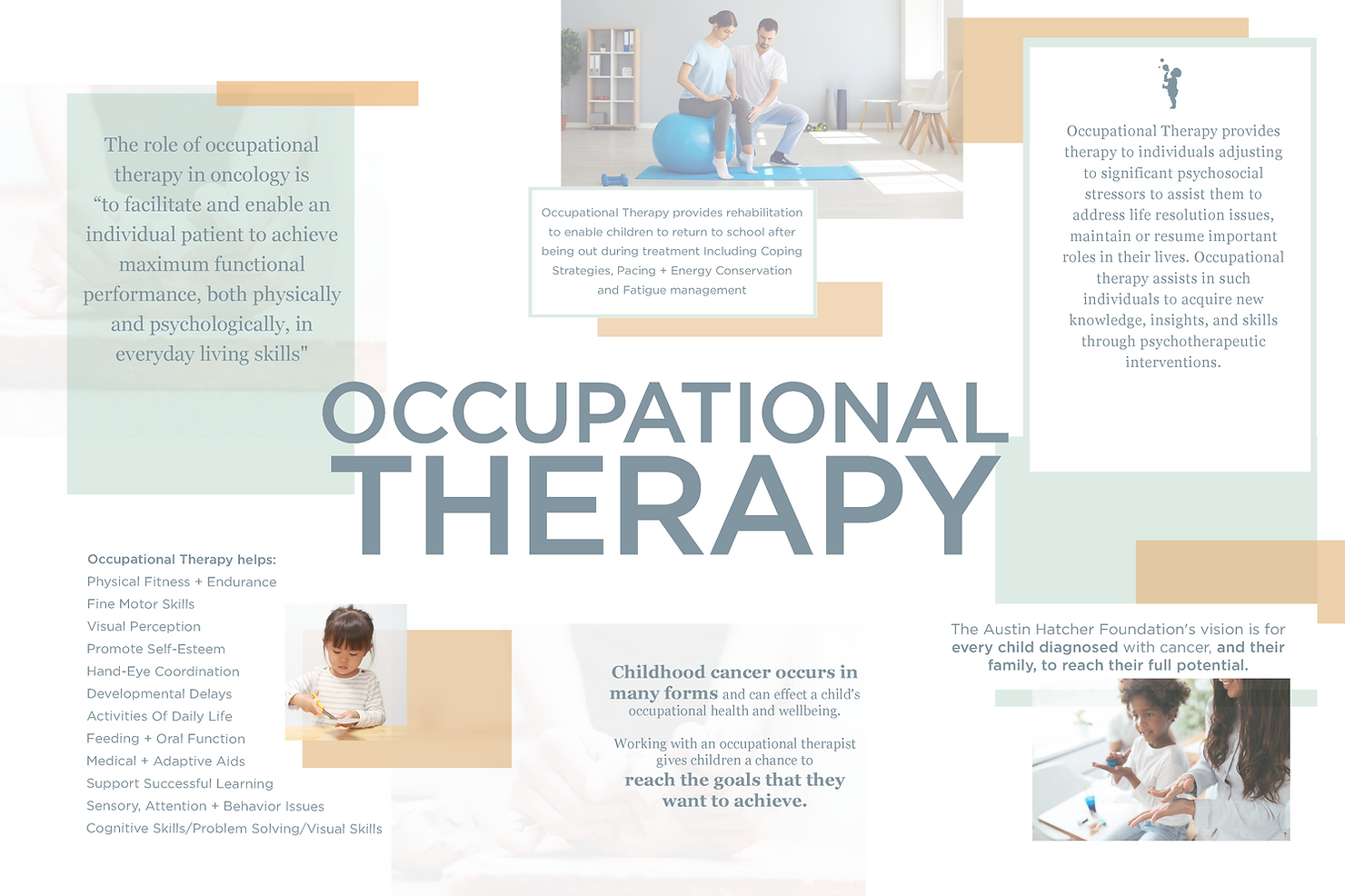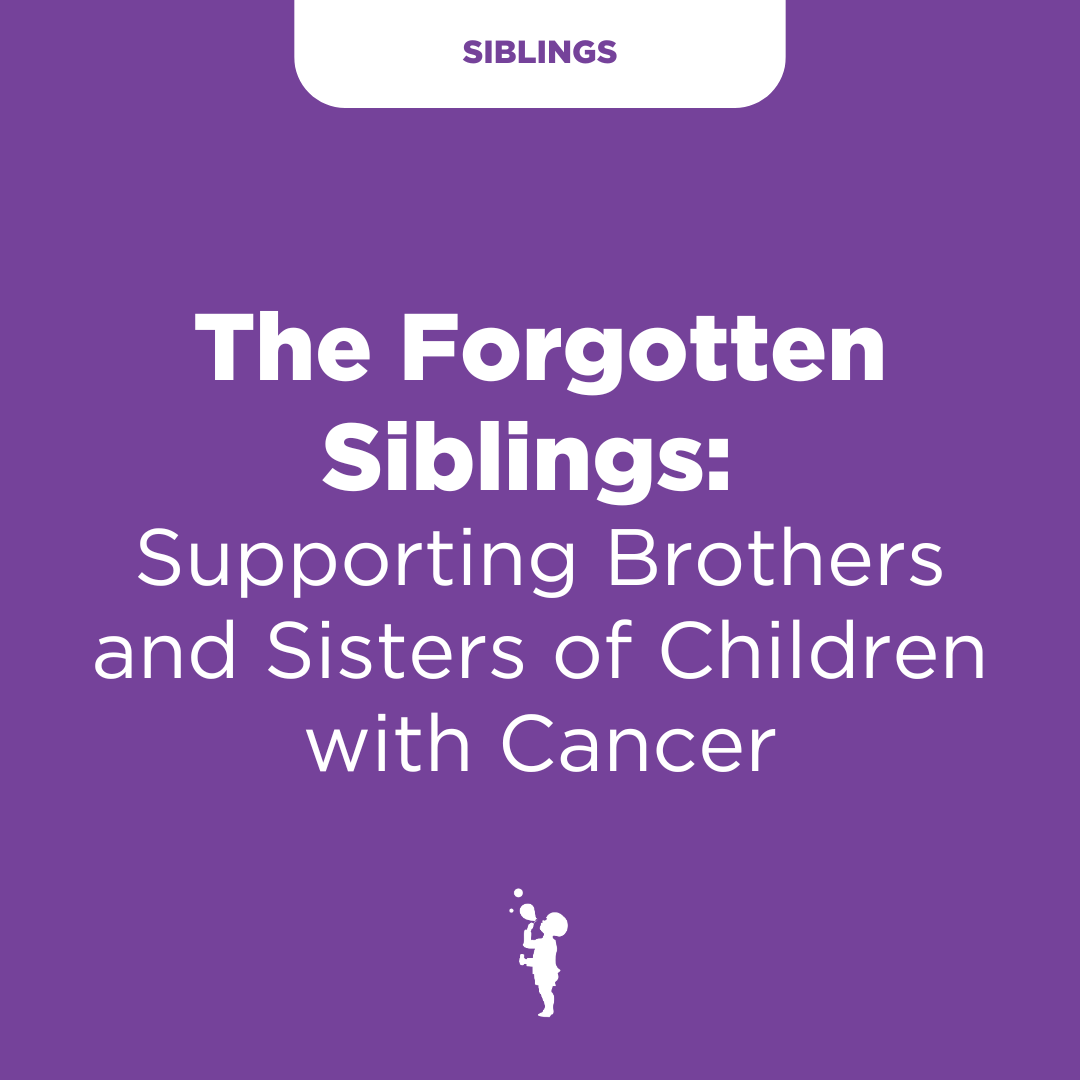Celebrating Occupational Therapy

Thirty years of being an Occupational Therapist (OT) leaves me with multiple questions. First, how have I been an OT for 30 years? Wasn’t it just yesterday I was a brand new therapist starting on my journey in the therapeutic world? Second, am I ever not wearing my OT hat? Will I ever just go somewhere, and not think, “oh I could adapt that” or “I could help him or her with just a little bit of time”? Third, and probably most importantly, is there a way I could do it better? Well, I am hopeful that if I ever answer no to the third question, I will excuse myself from the profession and reflect on the memories of a wonderful career path.
Aristotle said it best, “We are what we repeatedly do. Excellence, therefore, is not an act, but a habit.”
I believe that as an Occupational Therapist, to be excellent, I need to repeatedly investigate how to help those to whom I provide therapy to live their life more independently. At the Austin Hatcher Foundation (AHF), I am privileged to work with children and families who are in the process of living their life during and after pediatric cancer.
It is an individualized intervention, from the child who has late effects from cancer treatment and has difficulty with executive function skills, sensory issues, or self-care, to the parent and sibling that is trying to manage their lives and regain their role in the family, or school/developmental period.
Each specific area of occupation in their lives have been changed forever by the trauma that they have endured. Each intervention is an opportunity for me to become an “excellent” occupational therapist, by finding new and improved ways to help the involved child and/or their family.
Areas of intervention that I focus on here at AHF are defined by the age group and their specific needs, however globally interventions tend to be more concentrated as follows:
Infant/Toddlers – achieving developmental milestones, improving coordination, tolerating sensory stimuli, and participating in age-appropriate self-care
Preschool – elementary – improving coordination (fine and gross motor), tolerating sensory stimuli, participation in age-appropriate self-care, improving ability to focus on tasks, improving collaborative play and interaction, improving strength, and supporting emotional development by engaging in activities that encourage expression of thoughts and feelings
Middle school – improving strength (core muscle strength), coordination (fine and gross motor), tolerating sensory stimuli, awareness of appropriate self-care and training on personal responsibilities, managing higher level academics and cognitive loads, improving social interactions, and assisting with self-expression in a positive manner to handle the challenges faced in the early teen world
High school – defining personal accountability and responsibility and how to manage the change from middle school to high school, improving strength (core muscle strength), coordination (fine and gross motor), tolerating sensory stimuli, awareness of appropriate self-care, managing higher level academics and cognitive loads, improving social interactions, and assisting with self-expression in a positive manner to handle the challenges faced in the early teen world
Young adult – managing the dynamic schedules and organization needed for young adulthood (college or work environment), training in life skills (compensatory techniques as needed), awareness of appropriate self-care, managing higher level academics and cognitive loads, improving social interactions, and assisting with self-expression in a positive manner to handle the challenges faced in the new and overwhelming adult world
Parents – training on self-care or caring for the caregiver, training in body mechanics, training on boundaries and responsibilities, and supporting individuals with encouraging self-love and offering support in the world that is ever changing
Ultimately, I am by no means excellent as an OT (even after 30 years), but I am trying, and, everyday, I try harder. Therefore, I embrace that I am still on my journey to become excellent as an OT. I am forever growing and learning to be better and how to help more individuals in my practice here at AHF.
I celebrate all Occupational Therapists that are doing the same in their practice and wish them the happiest OT month ever!!


.png)


.png)